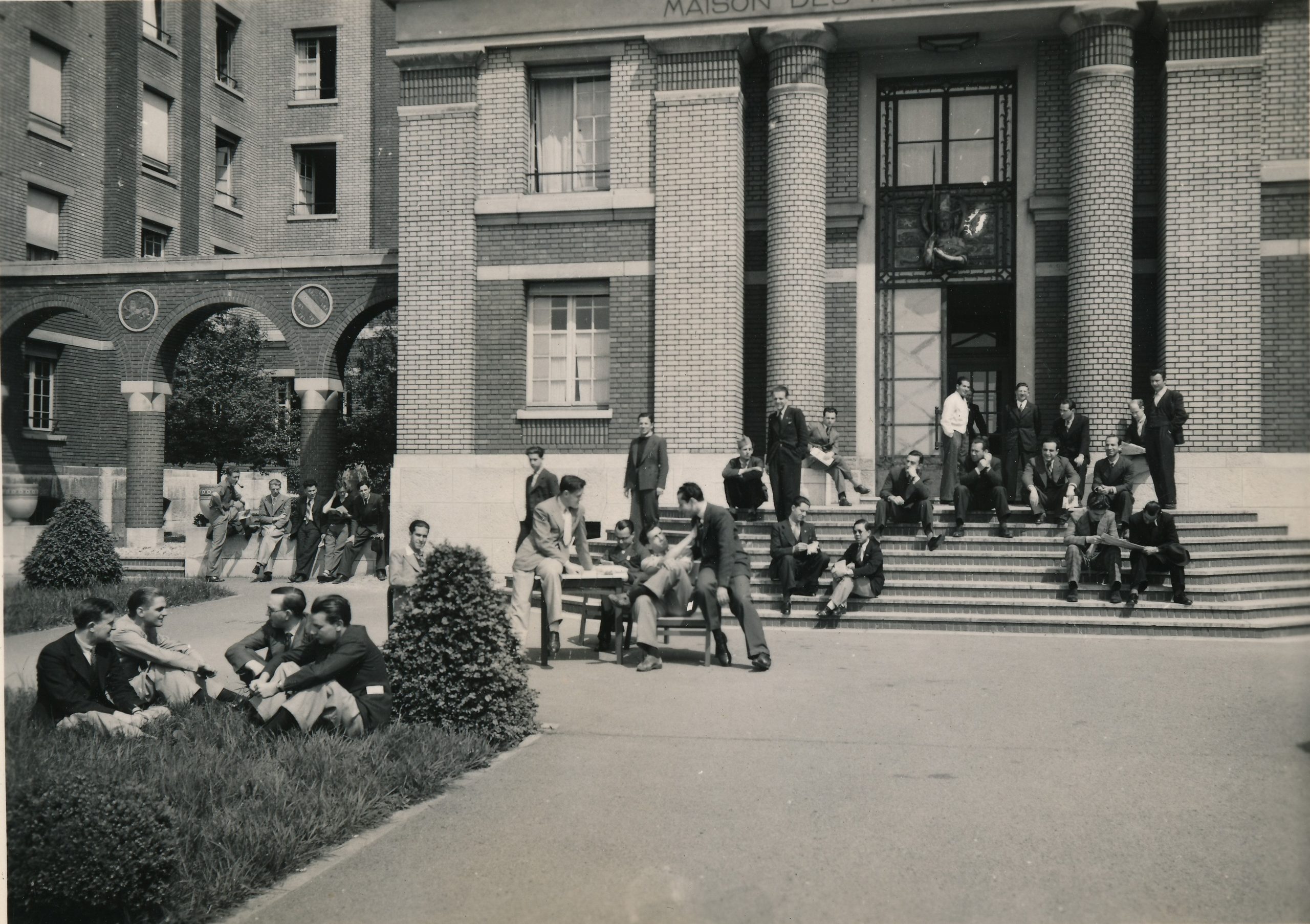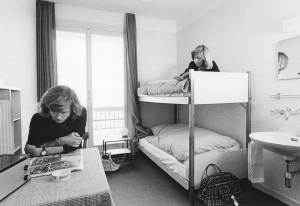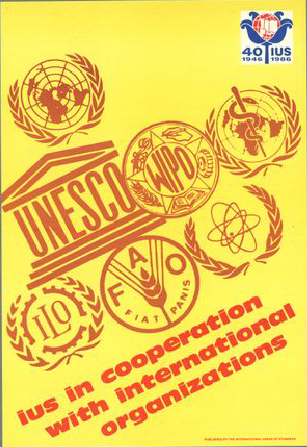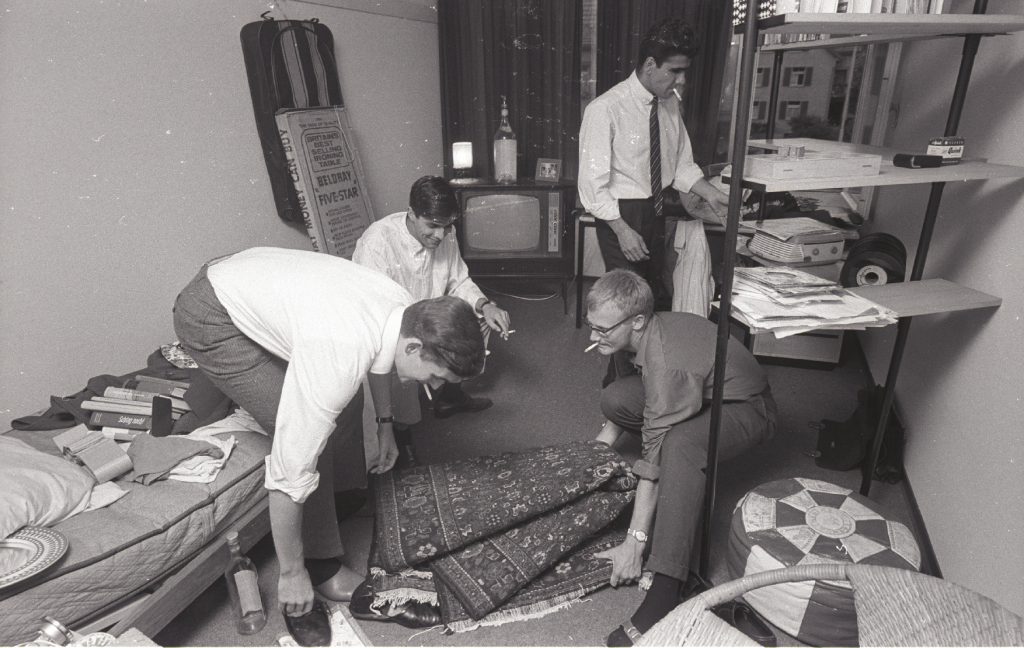
From Student Internationalism
to Erasmus
Globalization and Europeanization of Student Life since 1945
Our research on student organizations during the Cold War focuses on transnational links and implemented actions. The project consists of four sub-projects.

The position of students has developed and changed significantly over the seven decades following the Second World War. Starting as a small elite portion of a generation in the post-war time, students saw the massification of tertiary education in the 1960s, the turn to individualization and career-oriented educational systems in the 1980s, and the creation of pan-European international student networks in the 1990s. These processes often intersected with other trends and phenomena of the twentieth century, such as the Cold War, globalization, decolonization, social movements or the growing role of international organizations.

The project is about students’ political and social life in post-war Europe. It will focus on the analysis of student organizations as platforms that channelled the student agentivity – both on international and national levels. The Swiss-Czech team will examine international student federations on both sides of the ‘Iron Curtain’ as well as national student unions in both countries. While the operation of these organizations was certainly affected by the Cold War ideological clashes, this project focuses not only on divisions. Studying the interactions between the student international unions, we will examine their cooperation and exchange, but also their shared imagery and cultural environment, trans-bloc transfers of knowledge, and contributions to the creation of a European academic space, questioning the impermeability of the ‘Iron Curtain’.
The student organizations will be viewed as transnational spaces, centres of knowledge production and interaction. The international organizations were hubs where students from the whole world met and influenced each other. In a way, these interactions formed career and life trajectories of several generations of student leaders. The project will pay particular attention to the importance and influence of the students from the Global South who were bringing fresh perspectives and ideas beyond the dichotomy of the East-West divide.

The roles of the national and international student organizations in the Cold War were diverse. At times, they served as tools in the ideo-political struggle. But being in contact with each other on international platforms, they were also testing limits of the possible in terms of trans-bloc relations. In both East and West, they were also not only advocating student rights, but also promoted democracy, decolonization, human rights, women’s rights, development, and peace (in their own understanding of the terms). The project will examine how some of these legacies survived beyond the Cold War and how they translated into the creation of new liberal European networks such as the Erasmus program. The team will also focus on differences between the Cold War ‘political’ student unions and concurrent religion-based organizations.
The sub-projects
The subprojects focus on different student organisations that were active after the Second World War. The postdocs work on international organisations and the PhD students research organisations on a national level.
1) The International Union of Students
Student internationalism and the Cold War in socialist Prague are central topics of Mikuláš Pešta’s project.
2) Western international student organizations
Lidia Lesnykh works on three international organizations that were higly active or founded in the Cold War: the International Student Conference (ISC), Pax Romana and the World Student Christian Federation (WSCF).
3) Czechoslovak youth in the international environment
Martina Pácha studies the Organization of the World Festival of Youth and Students in Prague in 1947 and Czechoslovak delegations to subsequent festivals.
4) The Swiss Student Union
Timothy Schürmann focuses on the VSS-UNES-USU during the Cold War by privileging the international networks that it built with other national and international organizations.